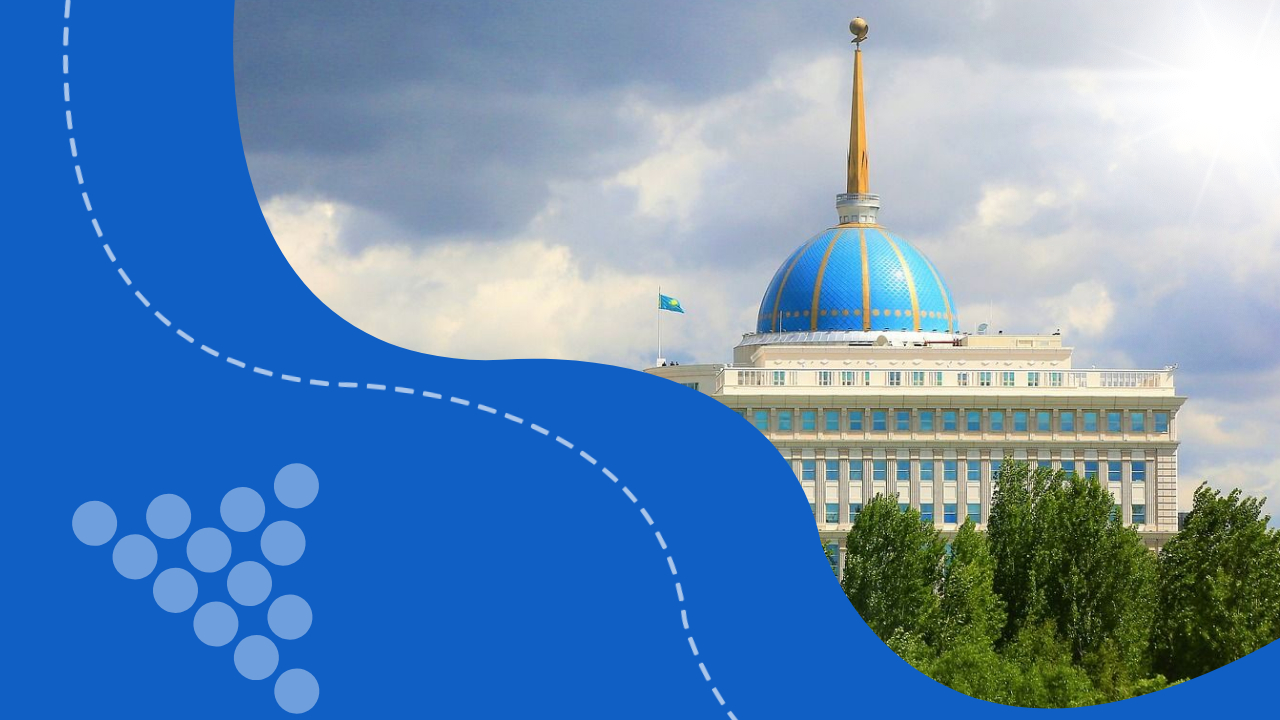President of Kazakhstan Kassym-Jomart Tokayev has signed the new Water Code of the Republic of Kazakhstan, according to the press service of Akorda. The newly adopted legislation introduces comprehensive reforms aimed at improving water resource management and enhancing national water security.
For the first time, the concept of “water security” has been introduced into Kazakh legislation. It encompasses protecting the population and the economy from water shortages and pollution, as well as safeguarding Kazakhstan’s interests in the management and use of transboundary water resources.
The Water Code is structured into five key sections. The first introduces mechanisms for water conservation and protection of water bodies. The second focuses on prioritizing water resource protection, promoting public involvement in decision-making, and emphasizing basin-based water management.
The third section outlines measures to prevent and mitigate harmful water impacts, including flood control initiatives. The fourth strengthens state regulation and oversight, granting basin water inspections expanded authority for state supervision and rapid response.
The fifth section is dedicated to ensuring the safety of hydraulic structures. The development of the legislation was guided by five core principles: recognizing water as an essential part of the environment and economic development, valuing water as an economic resource, integrated use of surface and underground waters, conservation through efficient use, and active public participation in managing and protecting water resources.
The new Water Code consists of 121 articles, 14 chapters, and six sections. It also introduces amendments to four existing codes and nine laws. The updated version of the Water Code was presented to the Mazhilis in November 2024.

